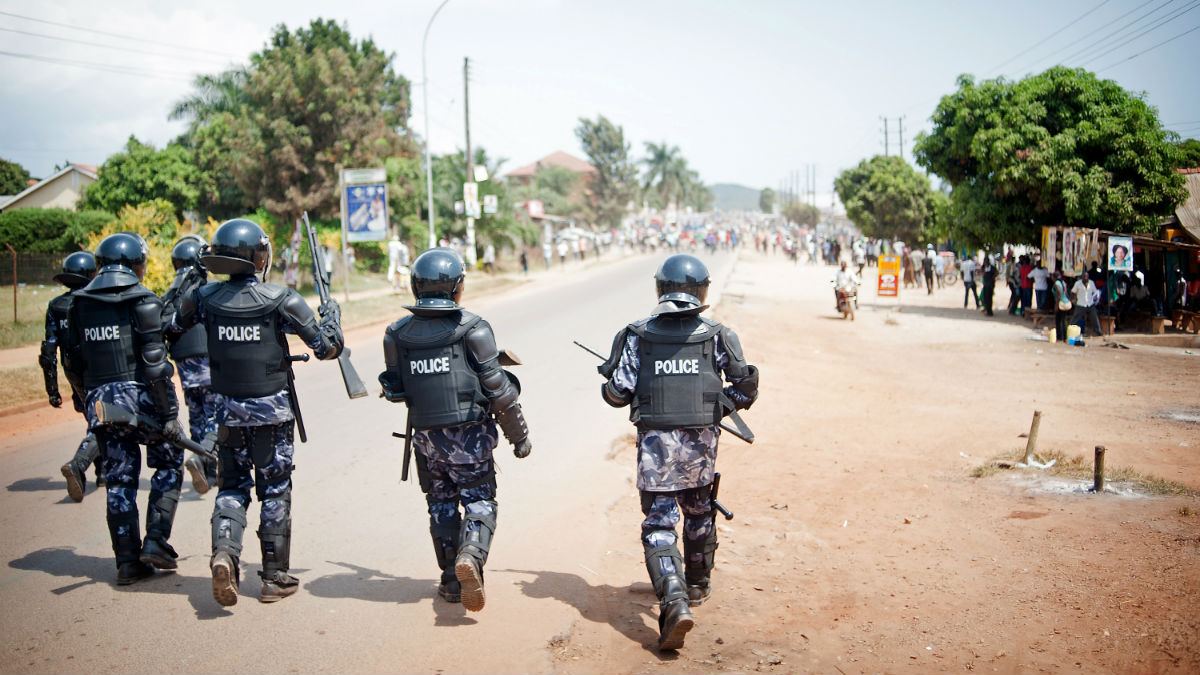Uganda election marred by arrests and vote-rigging claims
President Museveni set to extend his 30-year rule after main opposition leader is detained for the third time

A free daily email with the biggest news stories of the day – and the best features from TheWeek.com
You are now subscribed
Your newsletter sign-up was successful
Uganda's opposition leader, Kizza Besigye, has been arrested for the third time this week, as early election results suggest President Yoweri Museveni will hold on to power for a fifth term.
Besigye was detained today after heavily armed officers stormed his Forum for Democratic Change party headquarters in the capital Kampala and fired tear gas at his supporters, the BBC reports.
Yesterday's election has also been overshadowed by allegations of vote-rigging and censorship. The government blocked access to social media on polling day to "stop people telling lies".
The Week
Escape your echo chamber. Get the facts behind the news, plus analysis from multiple perspectives.

Sign up for The Week's Free Newsletters
From our morning news briefing to a weekly Good News Newsletter, get the best of The Week delivered directly to your inbox.
From our morning news briefing to a weekly Good News Newsletter, get the best of The Week delivered directly to your inbox.
The move was immediately condemned by human rights groups, with Amnesty International calling it a "blatant violation of Ugandans' fundamental rights to freedom of expression".
Provisional election results show Museveni currently holds 62 per cent of the vote and is likely to extend his 30-year rule. Beisgye has so far won 33 per cent.
Uganda's electoral commission told Al Jazeera the vote had been "transparent" and "fair".
But the US, which considers Uganda a key ally in the fight against Islamist extremism in east Africa, has condemned Besigye's detention. It warned that such action "calls into question Uganda's commitment to a transparent and free election process, free from intimidation".
A free daily email with the biggest news stories of the day – and the best features from TheWeek.com
Magnus Taylor, a Horn of Africa analyst at the International Crisis Group, says Uganda has witnessed growing levels of authoritarianism in the last decade. "This has come in waves, most evident during election periods when a generally strident opposition has clashed against the President's anti-democratic tendencies," he told CNN.